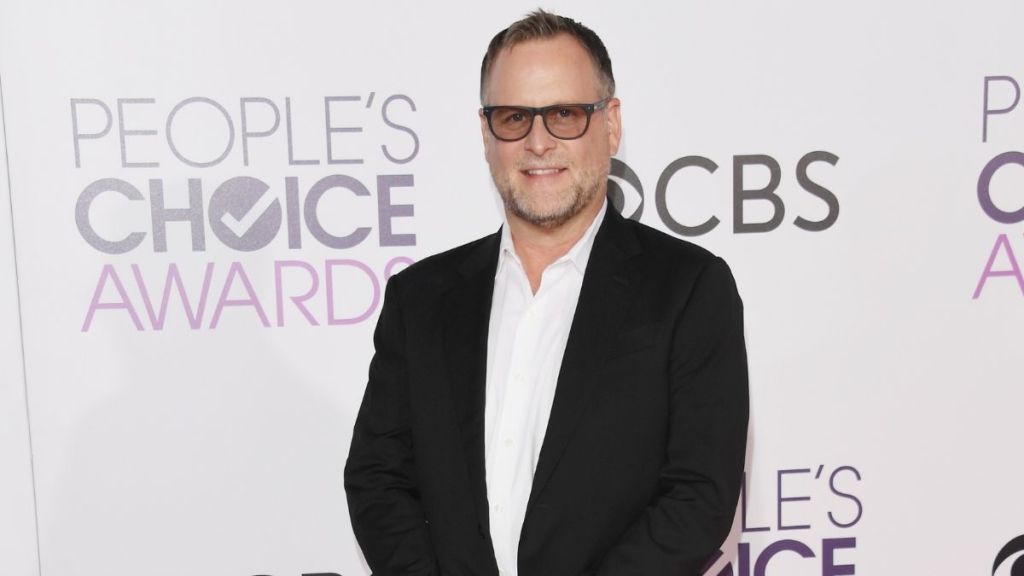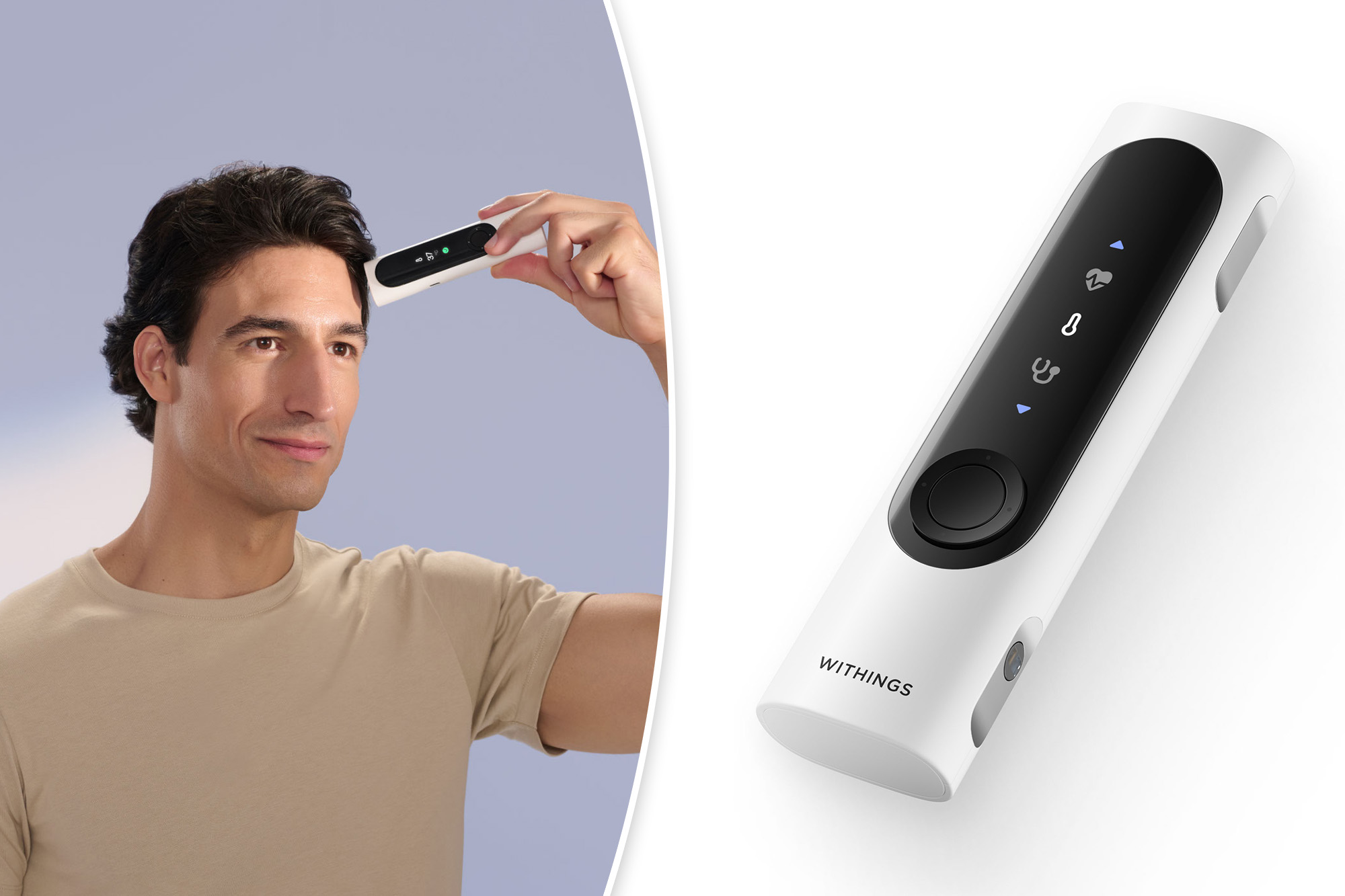A growing crisis of trust in health care is emerging as millions seek guidance from wellness influencers instead of traditional medical professionals. Despite a lack of formal training, these influencers promote health solutions that often lack scientific backing. According to a 2023 study by the National Association of Community Health Centers, over 100 million Americans face barriers to accessing primary care. This number has almost doubled since 2014, highlighting a significant gap in the health care system.
Many individuals struggle to find reliable primary care, often resulting in cold and impersonal visits with unfamiliar doctors. This experience starkly contrasts the warm and appealing content shared by wellness influencers on platforms like TikTok and Instagram, where solutions for health, beauty, and longevity are presented as easy fixes. The growing popularity of these influencers raises concerns about the quality of health information being disseminated online.
Dr. Mike Varshavski, known as “Doctor Mike,” attributes the trust crisis in health care to multiple factors, including the closure of solo practice family medicine offices, low reimbursement rates from insurance companies, and the increasing administrative burdens faced by physicians. Family medicine, one of the lowest-paid specialties, is becoming less attractive to medical students, exacerbating the shortage of primary care providers.
The issue of trust in health care is particularly pronounced among women and BIPOC communities. Stephanie Alice Baker, an associate professor of sociology at City St George’s, University of London, notes that survey data indicates a decline in trust in institutionalized expertise in the U.S. since the 1950s. The COVID-19 pandemic further eroded this trust, with a Pew Research Center survey revealing a 14% drop in confidence in scientists acting in the public’s best interests between April 2020 and fall 2023.
Despite the flood of wellness content online, many of the claims made by influencers are not backed by scientific evidence. Research shows that misinformation surrounding health can spread rapidly, leading individuals to make poor health decisions. A 2025 study from the KFF found that 55% of U.S. adults use social media for health information, with younger demographics more likely to trust uncredentialed advice.
The allure of wellness influencers lies in their ability to connect with audiences on a personal level. Dr. Garth Graham, a public health expert, notes that people often trust information from individuals who share similar experiences or backgrounds. This dynamic allows influencers to foster a sense of community that traditional health care providers may lack.
Social media platforms play a significant role in shaping health perceptions. The Fides Network, established during the COVID-19 pandemic, aims to counteract misinformation by providing health care professionals with the tools to create engaging, evidence-based content. This initiative reflects a broader recognition that to combat misinformation effectively, health experts must utilize the same digital strategies as influencers.
The consequences of misinformation can be severe, leading to health anxiety, unnecessary medical tests, and even life-threatening decisions. For instance, wellness influencers have been linked to tragic outcomes when followers reject evidence-based treatments in favor of alternative therapies. The emotional pull of these influencers can overshadow the advice of qualified medical professionals, with devastating results.
While misinformation is a persistent issue, it is essential to differentiate between harmful content and accurate information. Dr. Brian Southwell, a distinguished fellow at RTI International, emphasizes the importance of critical engagement with health information. He notes that not all social media content is misleading, and many reputable sources exist.
Moving forward, the health care sector must address the growing distrust by improving access to quality primary care and fostering transparent communication between patients and providers. Initiatives like Fides represent a crucial step in this direction, as they empower health professionals to reach audiences where they are most active—on social media.
As the trust crisis in health care continues, individuals must remain vigilant in their pursuit of health information. Engaging critically with content, seeking second opinions, and prioritizing evidence-based care can help mitigate the risks associated with misinformation. Ultimately, finding a balance between personal empowerment and professional guidance will be key to navigating the complex landscape of health information in the digital age.







